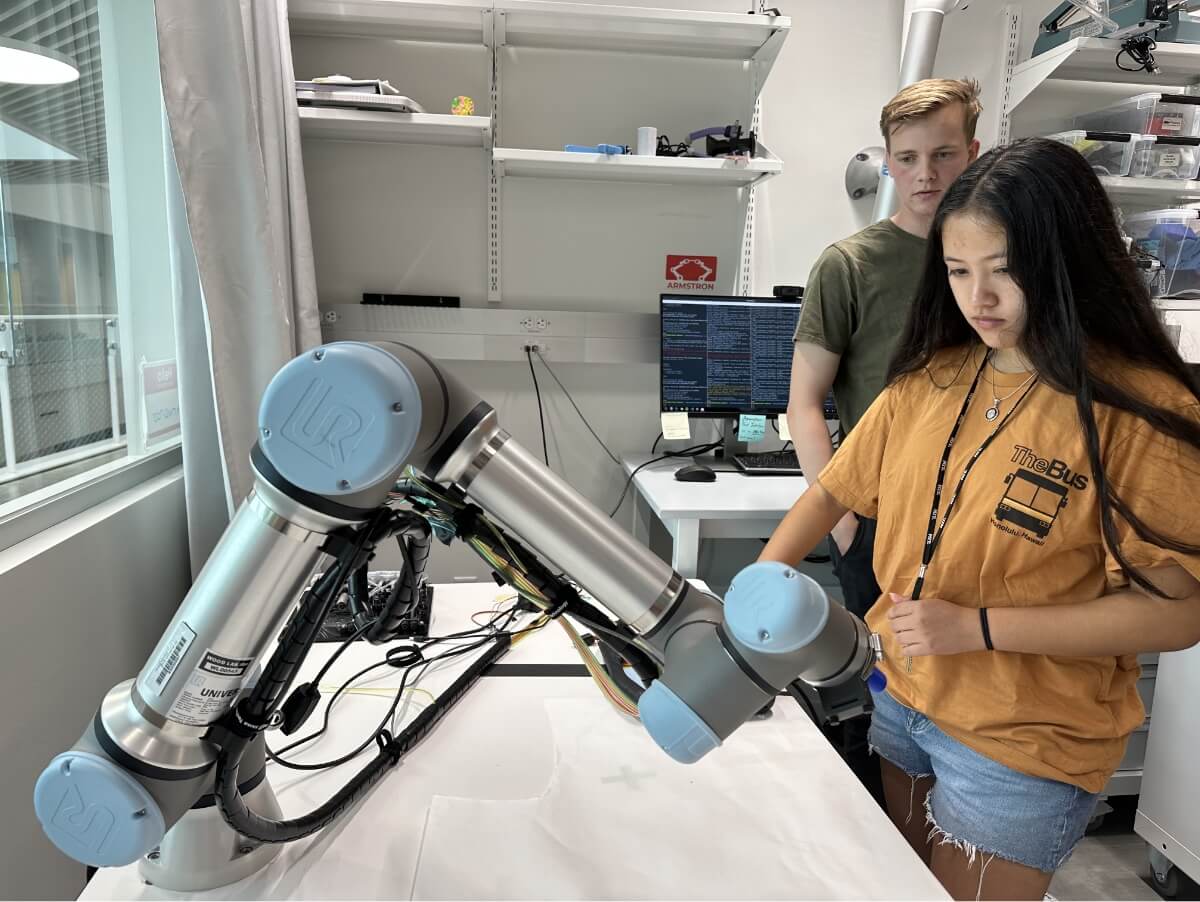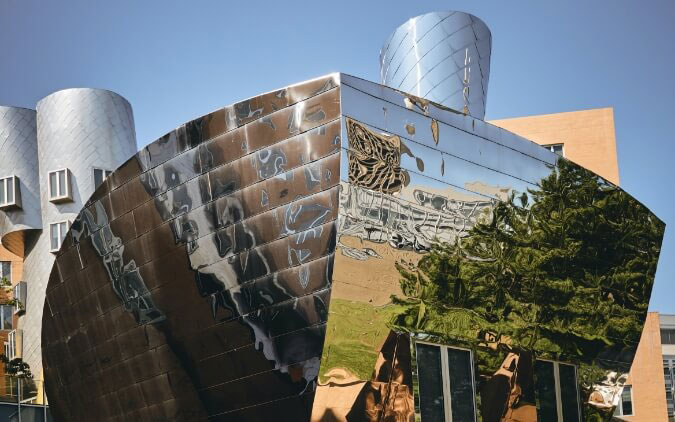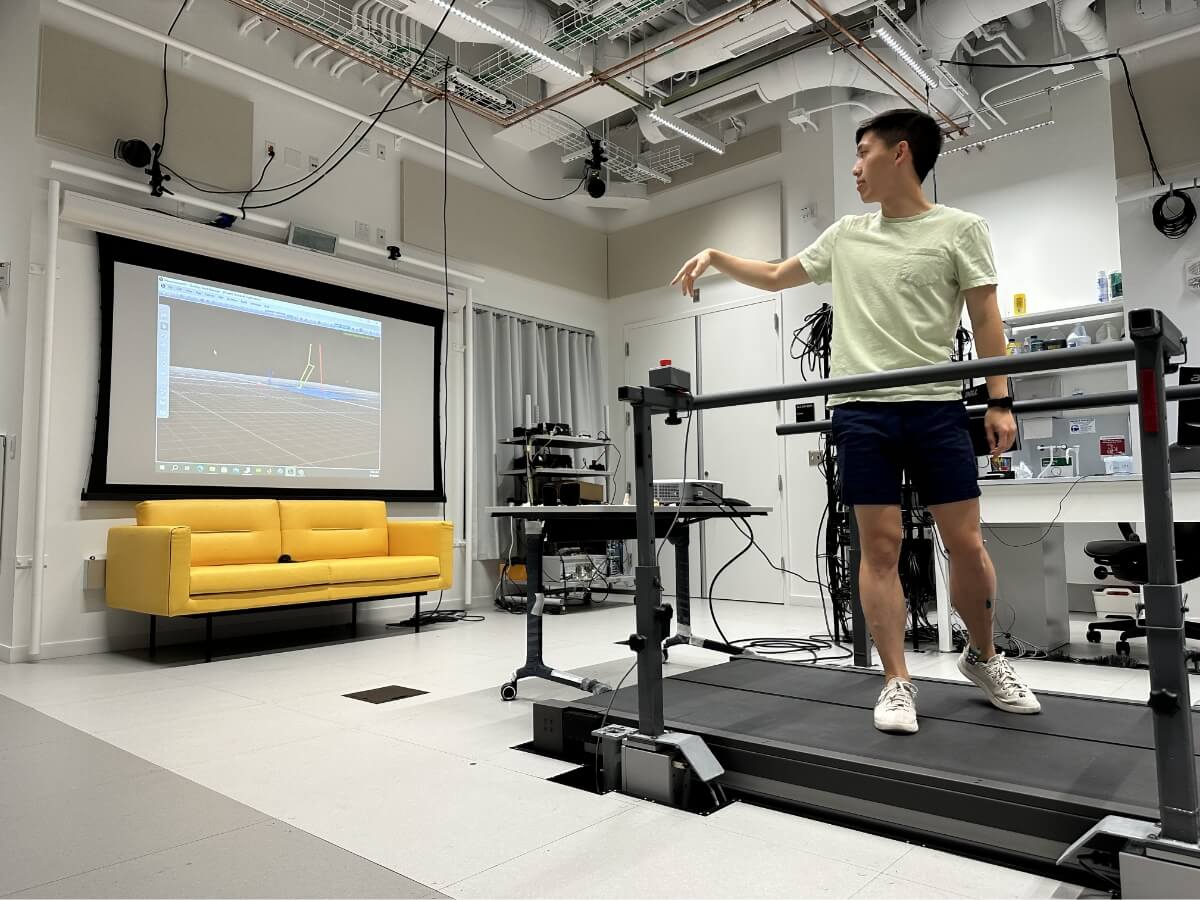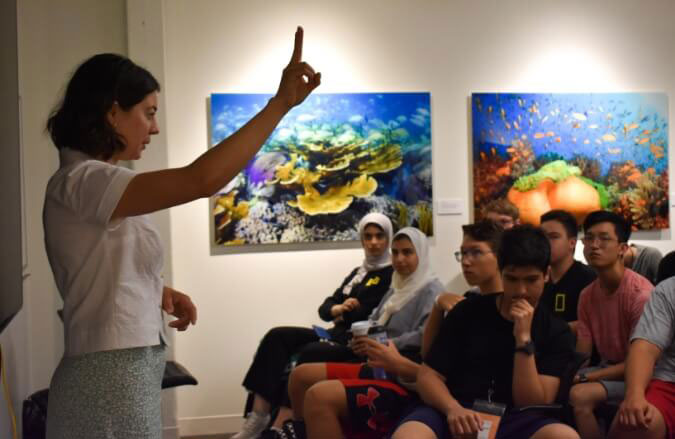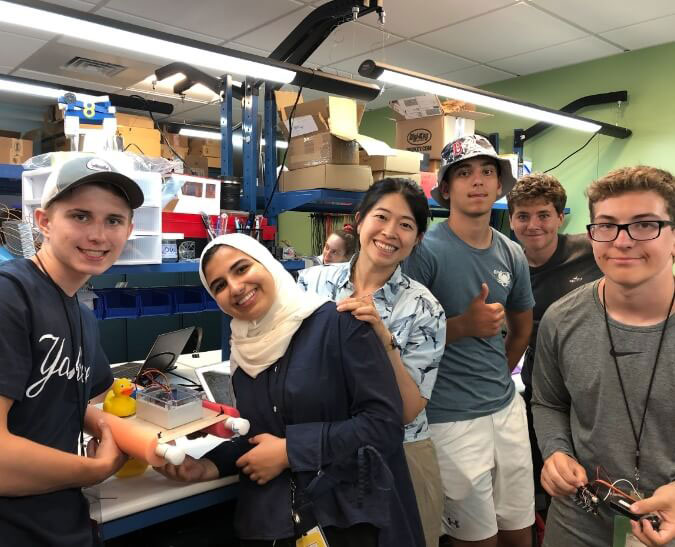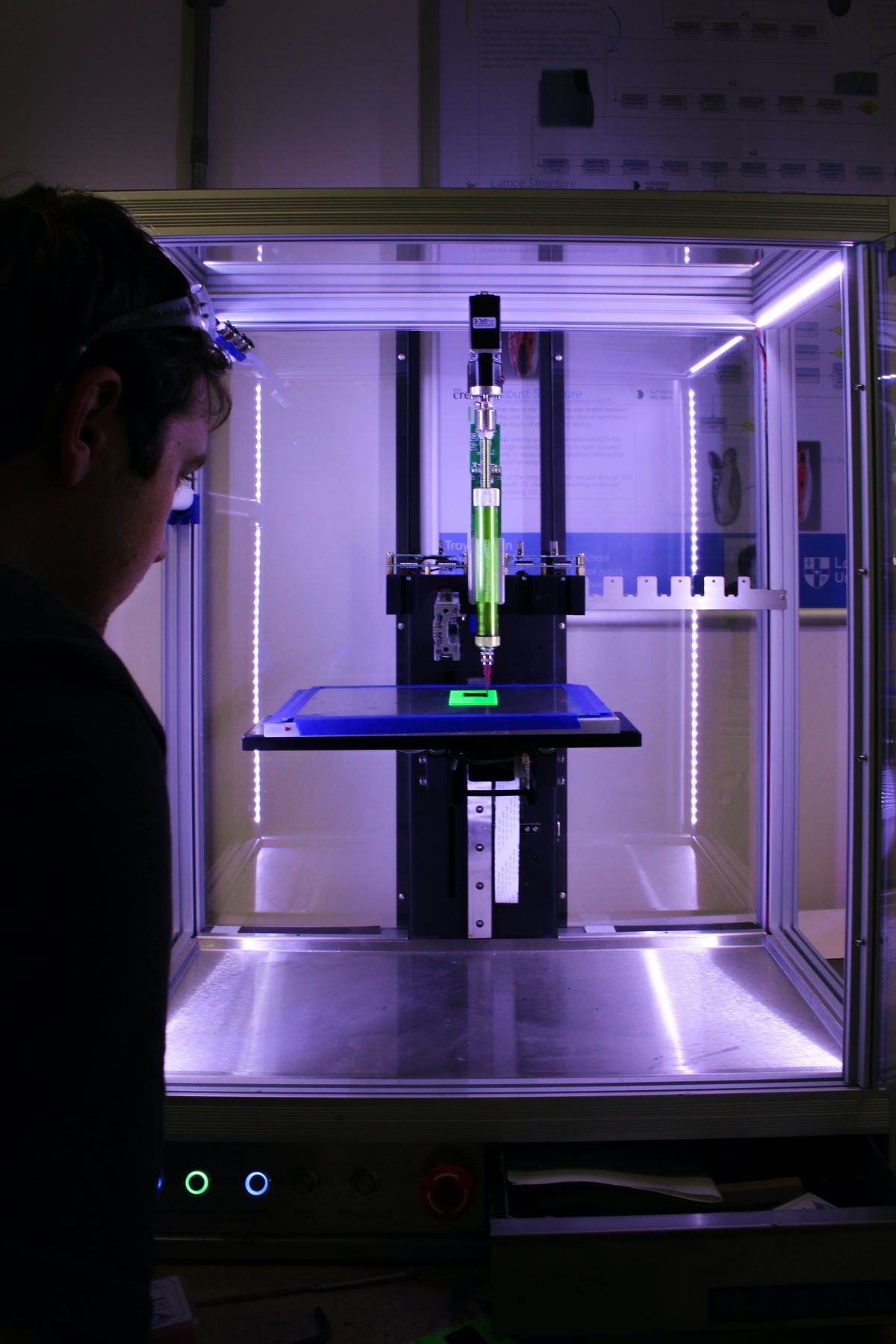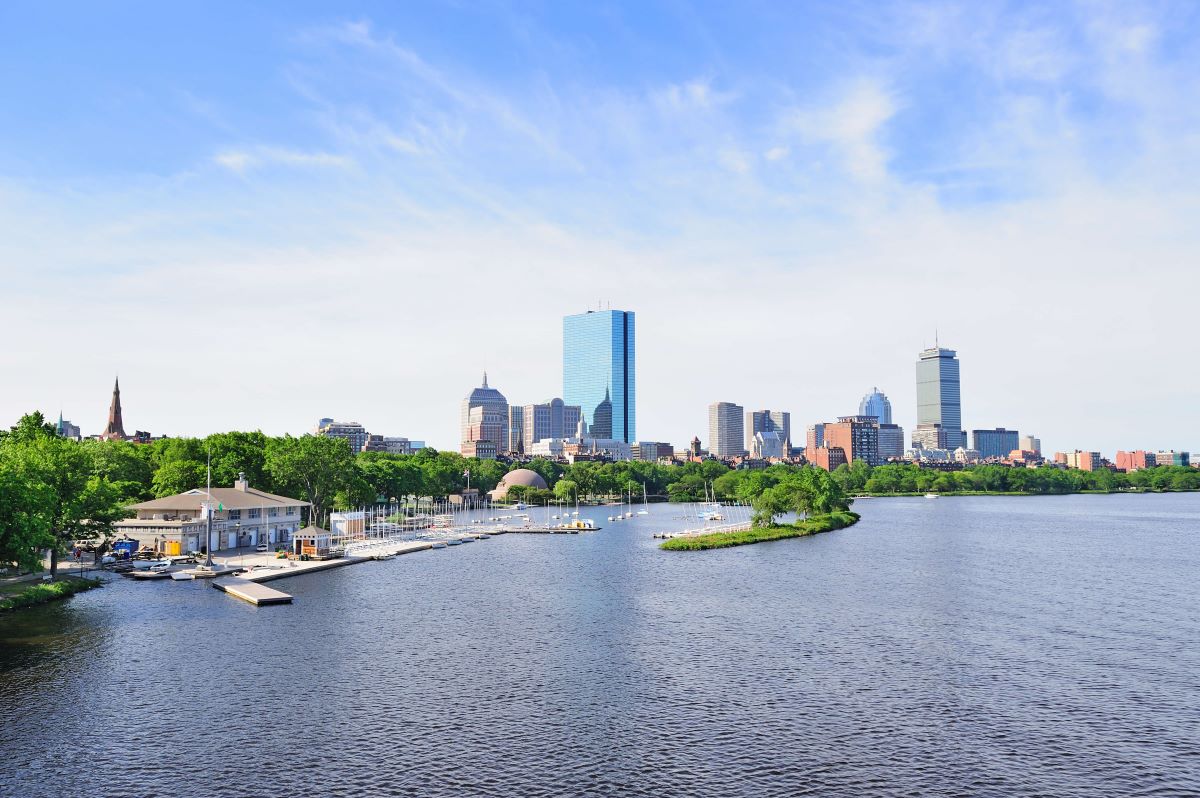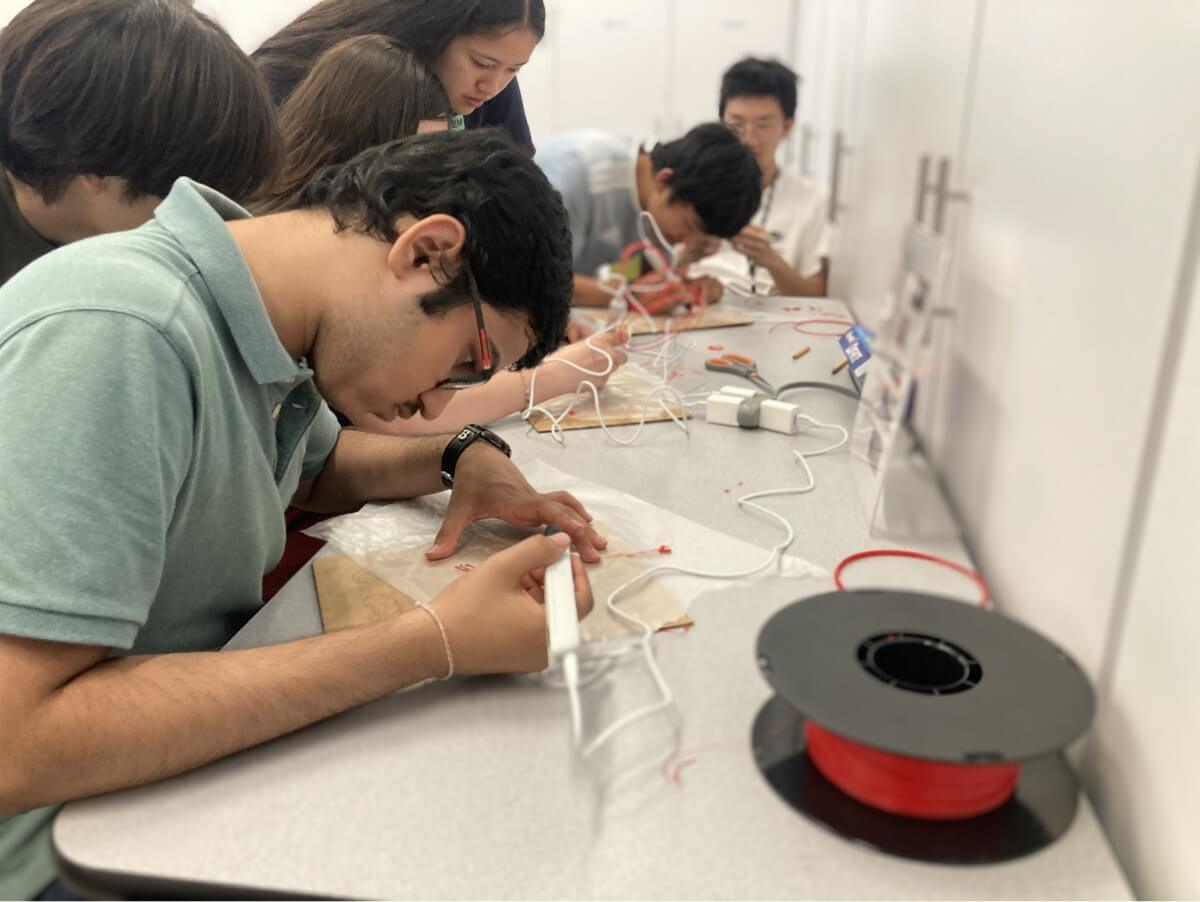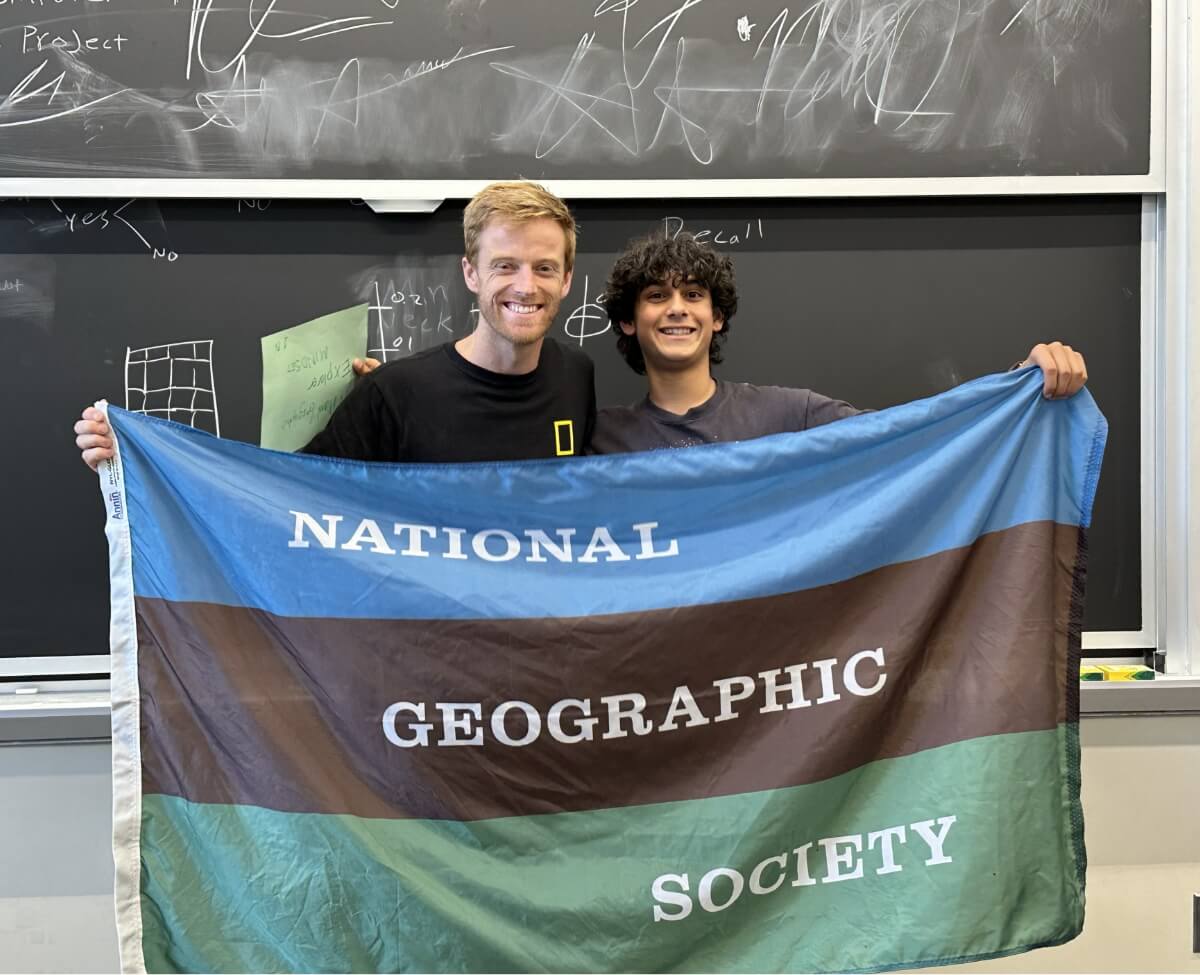Engineering & Robotics on the MIT Campus
For National Geographic Explorers, technology and exploration go hand in hand—cutting-edge science and high-tech tools are invaluable to their expeditions. Join National Geographic Explorers on the Massachusetts Institute of Technology (MIT) campus in Cambridge, Massachusetts to examine the many intersections of technology and exploration, artificial intelligence (AI), and robotics. Attend seminars on a range of topics—from remote exploration of space and sea to engineering microscopic robots—and participate in related experiments. Weave your experiences together by creating a capstone project proposal that uses cutting-edge science to help address an important issue in your own community.
Note: Specific activities and workshops depend on the current work of labs and researchers. This description is representative of last year’s experiences and will be updated closer to the summer. Please call with any questions!
Details
Highlights
- Meet with researchers who are using technology to rebuild coastlines
- Harness 3D printers to reimagine the future of technology and print your own design
- Learn about innovative work being done by National Geographic Explorers
- Collect and analyze big data to assess and problem solve a real-world issue
Meet the Expert
 |
Skylar Tibbits, Architect & Design Researcher |
Skylar Tibbits is the founder and co-director of the Self-Assembly Lab housed at the Massachusetts Institute of Technology’s (MIT) Morningside Academy for Design (MAD). The Self-Assembly Lab focuses on self-assembly and programmable material technologies for novel manufacturing, products, and construction processes. His invention of 4D printing has established a unique area of design research focused on programmable materials that can sense and actuate in response to internal or external stimuli. His work on self-assembly has demonstrated the scalability of this natural construction phenomenon with synthetic design and fabrication systems. The research is the first to apply the principles of self-assembly to construction and manufacturing: for example, a cell phone that can build itself, a chair that self-assembles, and the self-construction of aerial balloons. Skylar is an assistant professor of Design Research in the Department of Architecture at MIT where he teaches graduate and undergraduate design studios and co-teaches “How to Make (Almost) Anything,” a seminar at MIT’s Media Lab with Neil Gershenfeld. Skylar is also the Editor-In-Chief of the 3D Printing and Additive Manufacturing Journal and the founder of SJET LLC, a small multi-disciplinary design practice.
Itinerary
This itinerary represents our best projection of the group’s schedule. However, we may implement changes designed to improve the quality of the program.
Arrival • Travel Day • Meet your fellow high school student travelers in Boston, Massachusetts, either at the MIT campus or Boston Logan International Airport.
Cambridge, Massachusetts • 8 days • Arrive at the MIT campus, join your group for an orientation and tour, and get acclimated to university life in Cambridge. Each day features a hands-on workshop or field study followed by a discussion-based seminar or group meeting to further examine and apply what you’ve learned. Program leaders guide the group through each activity and facilitate workshops and discussions with National Geographic Explorers. State-of-the-art research labs and applied technology centers in the local area serve as your classrooms as you explore scientific solutions to some of the most critical and compelling issues facing the modern world.
Visit the Self-Assembly lab at MIT and learn about how researchers are using wave energy and underwater structures to promote sand accumulation as part of a project to rebuild coastlines and “build” islands. Work with tanks designed to mimic the ocean experience, manipulating water and sand to see a small scale of this action. Next, visit the newly revamped Wright Brothers Wind Tunnel and learn about researchers’ thoughts on how to build better and more efficient planes. In the late afternoon head out to explore some of Boston’s “green roofs” and learn about these and other innovative and accessible urban farming solutions.
Join National Geographic Explorer Skylar Tibbits at his lab, where he’ll provide an overview of how 3D printing is being used to improve our lives—from creating more comfortable human prosthetics to building flexible structures that adapt to changing environmental conditions.
Take breaks from seminars to explore the vibrant cities of Cambridge and Boston. Peruse the shelves at bookstores in Harvard Square, kayak along the Charles River, meet culinary entrepreneurs at the Boston Public Market, or visit one of the area’s world-famous museums. Wander the cobbled streets winding through some of our country’s oldest neighborhoods, and delve into Revolutionary War history during a walk along the Freedom Trail. Each evening, gather on campus for a group activity, such as a presentation by one of our National Geographic Explorers, a panel discussion with current MIT students and researchers, a film screening, or a concert.
Engage in a friendly multi-day hack-a-thon competition directed by your Expert, a specialist in finding applications for new technologies in the service of environmental conservation and protection. Finish the competition with your own AI-powered prototype and design in hand. Design and hone a final project that focuses on an issue important to you and your home community.
Departure • Travel Day • Depart from the MIT campus or Boston Logan International Airport.
A Day in the Life: MIT Campus
Due to the dynamic nature of this summer program, each day is different. Here is a sample day on the MIT campus:
- Enjoy breakfast together with your group at our accommodations
- Participate in a seminar focused on technological innovations for mitigating climate change
- Meet in small groups to discuss and debate what you just learned
- Break for lunch and downtime before heading to the lab with your group
- Visit the Self-Assembly lab with National Geographic Explorer Skylar Tibbits and learn about his current work looking at ways to rebuild coastlines and “build” islands
- Participate in small group workshops, getting hands-on with what you have just learned
- Head out for a stroll on the streets of Harvard Square or play frisbee on the quad
- Eat dinner together as a group back at or near our accommodations
- Group meeting to discuss the day and learn about the next day’s activities
- Regroup with your discussion group and leader to workshop your final projects
What to Expect
- Program Themes
Engineering the Future: Get a firsthand look at new technologies that are being used to address challenges facing the modern world. Experiment in robotics and engineering activities, and understand the future applications of the latest innovations. Then, develop a proposal for a project that you would implement in your home community, and pitch your idea to your peers, a National Geographic Explorer, and trip leaders.
Technology for Remote Exploration: Investigate how advances in technology are enabling scientists to probe areas previously considered “too remote” to access.
Innovations in Robotics & Artificial Intelligence: Hear how engineers are developing a new class of robots and discuss the ethical questions surrounding the future of artificial intelligence and machine learning.
- Physical Activity
This is an active summer travel program. You do not need to be at peak fitness to participate, but it is important that you are interested in trying all activities.
- Accommodations
We stay in a dormitory on campus with single or double rooms and shared bathrooms. We will host seminars and expert talks in classrooms, labs, or conference rooms primarily at the university.
- Meals
We eat breakfast and dinner at our accommodations, lunches are a combination of dining hall and out on the town.
Please call our office with any questions about the physical nature of this program or to discuss specific accessibility and accommodation questions.
Related Programs

